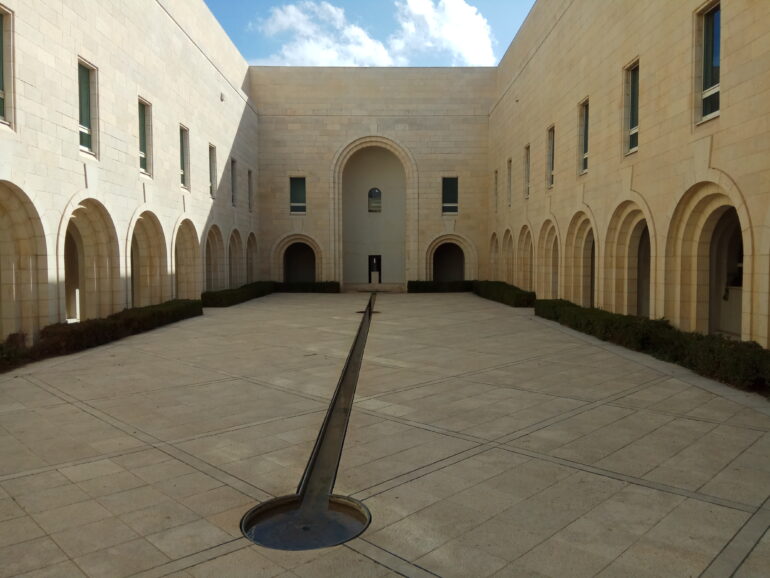Israel’s Supreme Court banned the government from distributing food stamps on Thursday, after the Knesset finance committee had approved a 400 million shekel budget for the program only two days earlier.
The funds had been approved to come from the interior ministry’s reserve and was intended to be used for those Israelis in need ahead of the High Holidays.
The original outline for the plan had been proposed by Shas leader Aryeh Deri, whose voters mainly come from Israel’s weakest sectors and who had campaigned heavily on the issue of food stamps during the nation’s most recent national election cycle.
Those eligible for food stamps in Deri’s original outline include three primary groups. The first are families eligible for a 70% or higher discount on property tax. These families would receive 300 shekels a month for each parent and 225 shekels per child.
A second group included in the plan are single mothers relying on child support. These mothers would receive 600 shekels a month regardless of how many children they had.
The third group are couples who rely on national insurance to supplement their incomes due to low salaries. Such couples would receive 150 shekels each per month but no additional money for children.
According to this outline, a significant number of Holocaust survivors in need would have been left out, but lawmaker Meirav Cohen (Yesh Atid), who chairs the Holocaust survivors treatment committee, announced that changes had been made on Tuesday to ensure that some 41,000 survivors would also get the help they need from the food stamp program.
Another alteration that was reportedly made was that families eligible for a discount on property tax will only receive money per child up to eight children and single mothers relying on child support would be given money per child for up to two children.
“I sleep well at night knowing that we are helping the weakest people, the poorest people no matter where they live,” said Health and Interior Minister Moshe Arbel (Shas).
He added that eight million shekels were also set aside to help Holocaust survivors in need.
“We made a promise and we kept it,” said Deri.
“The food stamp initiative for needy families in Israel is underway. I congratulate the finance committee on approving the budget so that we can start the first stage ahead of the High Holidays.”
On Thursday, however, the Movement for the Quality of Government and the Ḥiddush organization petitioned the Supreme Court to block the food stamps because they claimed the criteria would favor Ḥaredi families under the guise of “food security”.
The American-backed NGOs requested that the Supreme Court block the food stamps and return the budget to the welfare ministry so that it could be “distributed legally.”
On Thursday evening, the court issued a warrant halting the program.
Member of Knesset Moshe Gafni (UTJ) condemned the move, emphasizing that the committee had held a long and detailed discussion before passing the plan unanimously so that they could start handing out the food stamps in time for Rosh HaShana.
“The petition and the Supreme Court’s decision today shows a complete disconnect between the facts and the social need for food stamps for the needy, the elderly, and Holocaust survivors.”
It’s understandable, yet deplorable, that in today’s heated political atmosphere the MQG and Hiddush will latch onto any government program that can be painted as corrupt partisan politicking – even after such a program undergoes major revisions to help a broader cross-section of Israel’s most vulnerable sectors. But for the Supreme Court to play along, to take such an injunction seriously, and to deny so many families the help they need to put food on the table for Rosh HaShana is a betrayal of Israel’s Jewish and democratic characters.
While the Supreme Court claims to be protecting vulnerable private citizens from the government, it actually enables foreign-funded NGOs to deepen inequality and food insecurity.
Once again, Israel’s judicial establishment has shown itself to not be defenders of democracy but rather defenders of ruling class interests and westernization. The majority of large struggling families who would benefit from the food stamp program are simply the “unenlightened” Israelis on the wrong side of every socio-political divide in society. certain class interests against a mass struggle for greater equality? And is so-called democracy so important that hundreds of families must go hungry on Rosh Hashana in order to preserve it?





